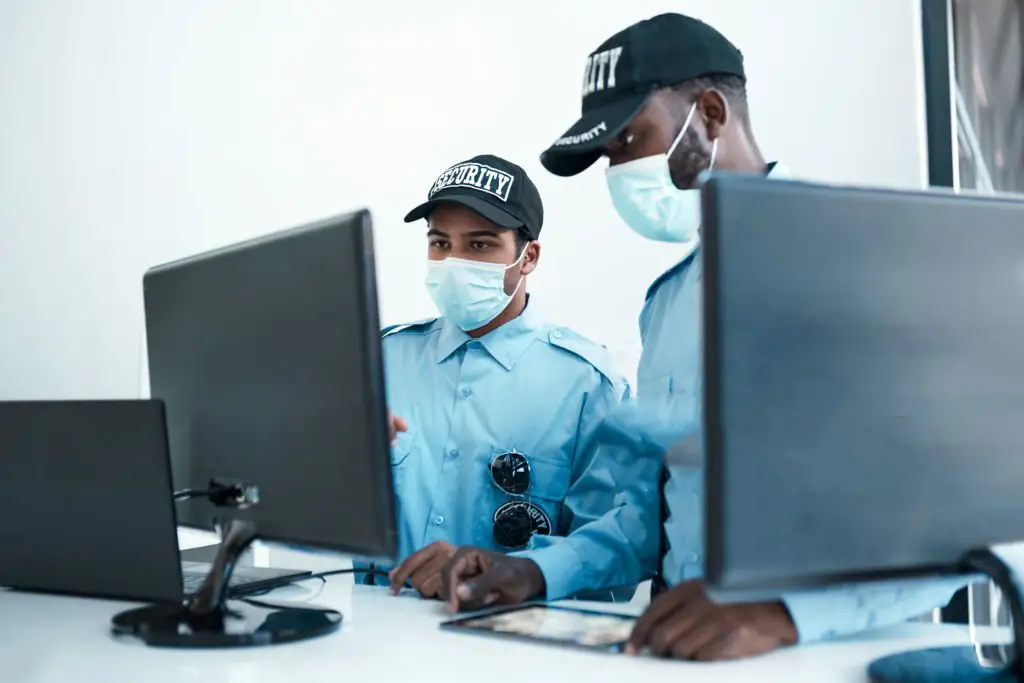
Africa’s security landscape is undergoing a critical transformation. From the Sahel to the Great Lakes and the Horn of Africa, armed insurgencies, political upheavals, and humanitarian emergencies are reshaping regional stability. The security crises in Mali, the Democratic Republic of the Congo (DRC), and Somalia epitomize this complex reality.
Mali: Between Negotiation and Fragility
Mali’s military junta has opted for dialogue with JNIM, an al-Qaeda-linked militant group, to end a fuel blockade strangling the economy. This pragmatic shift from confrontation to negotiation highlights both the limits of military strategy and the government’s need to restore basic services.
However, engaging with extremist actors carries risks. Without strong political frameworks, such dialogues can legitimize insurgent power, deepening Mali’s instability and influencing dynamics across the Sahel.
DRC: Escalation in the East
The DRC’s M23 rebellion continues to destabilize the east, bolstered by an estimated 17,000 new recruits. This expansion underscores the group’s resilience and the state’s difficulty maintaining territorial control.
The conflict remains intertwined with competition over mineral wealth, foreign influence, and weak institutional oversight. As displacement rises, the DRC faces one of the world’s most severe humanitarian crises, where peacebuilding remains elusive despite multiple mediation attempts.
Somalia: Tactical Wins, Strategic Uncertainty
Somalia’s government has achieved notable military gains against al-Shabaab, clearing strongholds and disrupting supply routes. These operations signal improved national coordination and stronger regional backing.
Yet al-Shabaab’s adaptability, capacity for asymmetric attacks, and ideological reach continue to challenge long-term stabilization. As Somalia advances governance reforms, balancing security and political inclusivity will be critical.
Regional and Global Context
The simultaneous crises in Mali, DRC, and Somalia reveal the interconnected nature of African security. Instability in one state often spills across borders, affecting migration, trade, and regional governance.
As UN peacekeeping missions scale back, Africa’s security future increasingly depends on regional ownership — through institutions like the African Union, ECOWAS, and IGAD — complemented by strategic partnerships with international allies.
The Humanitarian Dimension
Conflict-driven displacement now affects tens of millions, with many lacking access to food, healthcare, and education. Aid operations face logistical and security obstacles, while long-term recovery remains underfunded.
A sustainable response must link humanitarian assistance with governance reform, addressing both immediate and structural causes of insecurity.
Pathways Toward Sustainable Peace
Stability will depend on:
- Strengthening governance and rule of law.
- Expanding economic opportunities for youth.
- Enhancing regional intelligence cooperation.
- Promoting inclusive national dialogues.
The Africa security crisis underscores the urgent need for holistic strategies that unite security policy, development planning, and human rights protections.
Conclusion
Africa’s overlapping conflicts demand coordinated, locally driven solutions. Lasting peace in Mali, the DRC, and Somalia will rely on a balanced approach that empowers communities, reinforces state institutions, and ensures accountable governance.
As the continent navigates this turning point, the international community’s role must evolve — from short-term peacekeeping to long-term partnership in building resilient, self-sustaining security frameworks.


